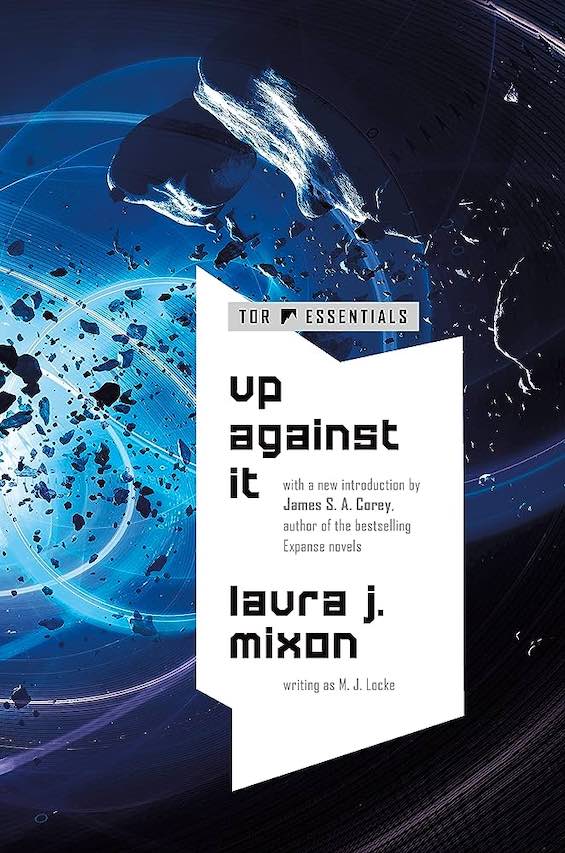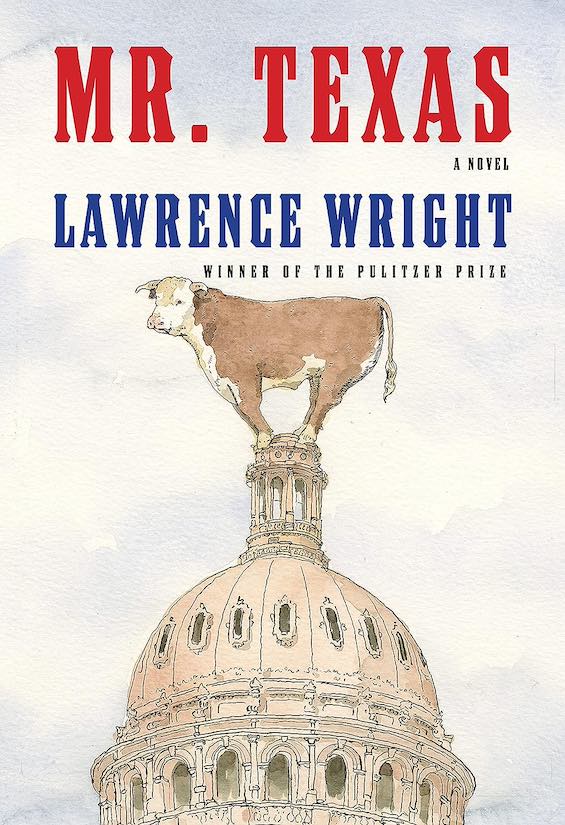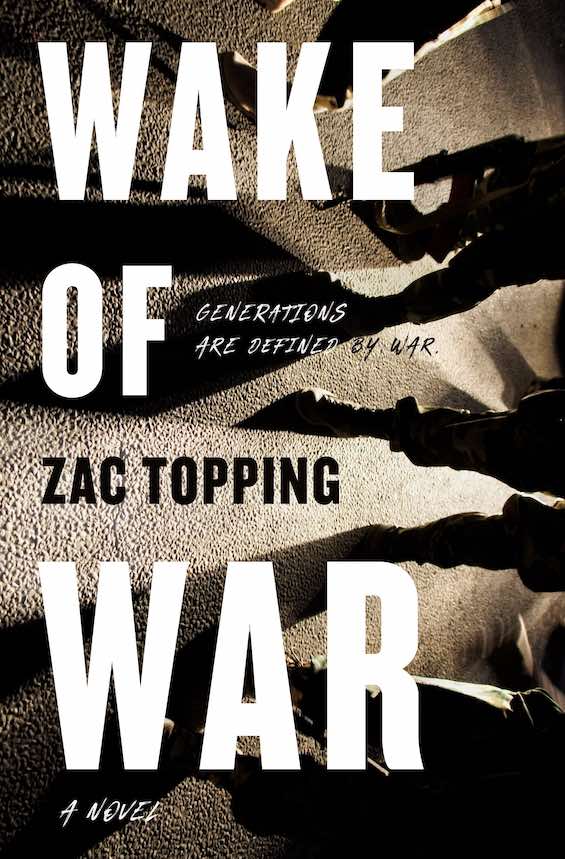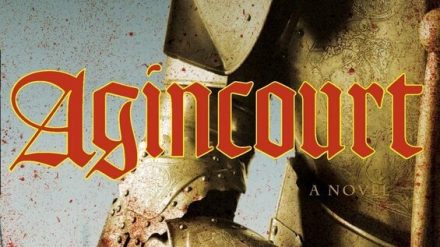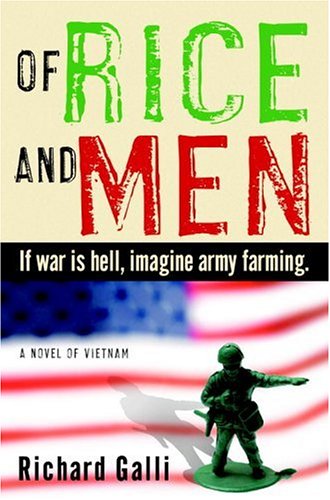
This is a comical Vietnam War novel. But that doesn’t mean to suggest that Of Rice and Men is a funny story about men killing and being killed. There’s far too much of that already. This is, instead, a novel about a company of American soldiers in Vietnam who specialize in what is called civil affairs. They carry rice seeds and soccer balls instead of guns, working with Vietnamese villagers to capture their hearts and minds. Think Catch-22, not Born on the Fourth of July.
A metaphor for the Vietnamese debacle
The center of our attention in Of Rice and Men is a hapless young soldier named Guy Lopaca, who is assigned to the 5th Platoon in a civil affairs company. A college graduate, Lopaca had scored extraordinarily high marks in Vietnamese at the Army Language School—and this proves to be exceedingly unfortunate. He’s sent to the field around Hue as an interpreter for a team sent to help villagers plant miracle rice and watermelons. But he can’t understand a word any of the villagers speak or make himself understood any better.
Like everyone else in the platoon, Lopaca is largely dependent on a handful of local people who speak English. The most frequently helpful one of those locals is Sergeant Dong, who later turns out to be an officer in the Viet Cong. Dong is involved in stealing and shipping the miracle rice seed to North Vietnam. All of which seems to offer an instructive metaphor for the tragedy of the US mission in the country.
Of Rice and Men by Richard Galli (2006) 363 pages ★★★★☆
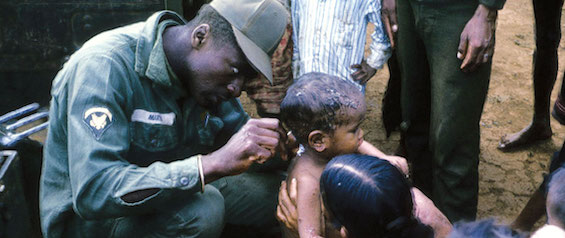
A funny story, with the reality of war not far in the background
Of Rice and Men is at heart a very funny story. It’s filled with humorous incidents, as the Vietnamese run rings around the Americans and the men of the 5th Platoon count the days until their tours in-country are up. Addlebrained General Frostmeyer stands in for General William Westmoreland, who surely couldn’t have been any more insightful about Vietnam or the Vietnamese. Most of the soldiers in the 5th Platoon could well be conscientious objectors, for all they shun the idea of killing people. And of course they are even less enthusiastic about being killed themselves.
Lopaca’s relationship with an Army nurse known as Virgin Mary is hilarious, too. She works in the hospital by day and turns tricks for the soldiers by night. It’s all an effort to save up money for her to buy a house in the States, so she won’t have to depend on a man to support her. Lopaca doesn’t care a bit. And, who knows? Maybe he’ll even fall in love with her when the girl at home turns out to be a non-starter.
But, for all the fun, the reality of the war is not far away. Galli offers us poignant reminders from time to time, just often enough for us to understand that the soldiers’ gallows humor reflects a terrible tragedy that led to the loss of upwards of a million lives.
The historic roots of the Army’s civil affairs operations
Guy Lopaca and the others we meet in the 5th Platoon are the spiritual stepchildren of the legendary Edward Lansdale, who pioneered the brand of counterinsurgency and psychological warfare tactics they employ near Hue. Lansdale gained his chops fighting the Huk Insurgency in the Philippines following World War II and put it into practice in Vietnam in the 1950s, when the French were still hanging on to their empire. He was the model for the novel and film The Ugly American and probably for Graham Greene’s classic The Quiet American as well. Lansdale sought to minimize military action in favor of intensive efforts to win “hearts and minds.” But during the Vietnam War the US military and the CIA badly misapplied the lessons Lansdale taught. The 5th Platoon’s work was only one aspect of the Agency’s counterinsurgency efforts, which elsewhere became ugly indeed.
A decade after the war drew to an ignominious close, the US Army established its Civil Affairs and Psychological Operations Command to handle civil affairs, civil information management, foreign humanitarian assistance, foreign assistance, population and resource control, and support to civil administration. Scattered units like Guy Lopaca’s 5th Platoon had previously executed many of those same tasks.
About the author
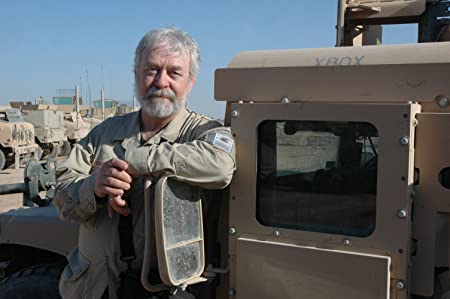
Richard Galli has been a litigation lawyer; Vietnam War vet; freelance Iraq War correspondent; and news reporter and editor. He has published two wildly dissimilar books in addition to Of Rice and Men. One is an account of caring for his disabled son (Rescuing Jeffrey), the other a comic legal thriller titled Millie’s Lament.
Google Books describes this novel as follows: “Spreading democracy takes more than cutting-edge military hardware. Winning the hearts and minds of a troubled nation is a special mission we give to bewildered young soldiers who can’t speak the native language, don’t know the customs, can’t tell friends from enemies, and—in this wonderfully outrageous Iraq-era novel about Vietnam—wonder why they have to risk their lives spraying peanut plants, inoculating pigs, and hauling miracle rice seed for Ho Chi Minh.” Enough said.
For related reading
I’ve reviewed several other books that relate to the Vietnam War:
- Kill Anything That Moves: The Real American War in Vietnam by Nick Turse (A wrenching view of how the U.S. military fought the Vietnam War)
- The Sympathizer by Viet Thanh Nguyen (The Vietnam War through Vietnamese eyes)
- The Quiet American by Graham Greene (The classic Vietnam novel by Graham Greene)
You might also enjoy 12 great war novels reviewed here and The Afghanistan Papers: A Secret History of the War by Craig Whitlock (The lies they told us about the war in Afghanistan).
Check out, too, 20 most enlightening historical novels.
And you can always find my most popular reviews, and the most recent ones, on the Home Page.

